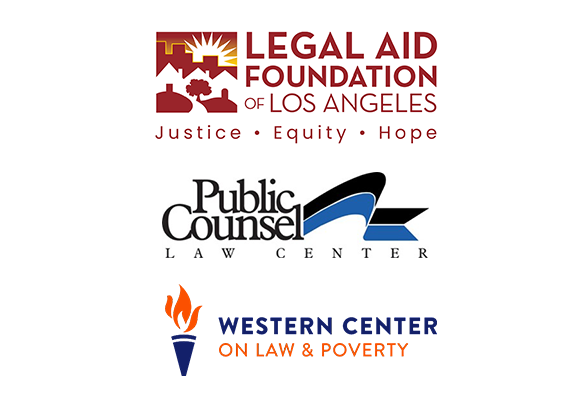Department denied 31 percent of rental relief applications without offering meaningful explanation of denial or a transparent appeals process
Oakland, CA – Community-based tenant organizations Alliance of Californians for Community Empowerment (ACCE) Action and Strategic Actions for a Just Economy (SAJE), along with research and action institute PolicyLink, have filed a lawsuit against the California Department of Housing and Community Development (HCD) for administering the Emergency Rental Assistance Program in a way that is opaque and disproportionately harms tenants on the basis of race, color, and national origin. The suit also challenges HCD’s refusal to provide public records that would shed light on its administration of the program. The organizations are represented by Western Center on Law & Poverty, Public Counsel, and Legal Aid Foundation of Los Angeles (LAFLA).
“Our analysis of the program data shows that denials have spiked since the program closed, and that 92 percent of denied applicants have incomes low enough to qualify them for the program,” said Sarah Treuhaft, vice president of research at PolicyLink. “So many renters have staked their families’ futures on this program, and they deserve every opportunity to access the relief they’ve been promised.”
The Emergency Rental Assistance Program was created by the federal government to keep vulnerable tenants housed as a result of the economic fallout from the Covid-19 pandemic. California received $5.2 billion in federal funds and HCD was charged with creating an application process, screening tenants for eligibility, and distributing the federal funds.
“This lawsuit is necessary to stop the unfair and arbitrary rental assistance denials,” said Jackie Zaneri, senior attorney at Alliance of Californians for Community Empowerment (ACCE). “Tenants deserve to have their rental assistance applications fairly considered and to know why they were denied.”
The application process requires extensive paperwork, access to email and an ability to regularly check it, and the ability to navigate the system in English even if it isn’t the tenant’s preferred language. Tenants with limited English proficiency, disproportionately Latinx and Asian tenants, receive notices and requests for documents only in English. After going through that complicated process, tenants wait months for a response, and are receiving a variety of vague responses including approval for partial payments or a full denial of payment without adequate explanation. When PolicyLink requested public records about denials of rental assistance, HCD did not respond.
Vilma Vasquez, a tenant who worked with SAJE, described navigating the process: “It was stressful in psychological terms because sometimes I worried about not being sure if I would receive the payment or not, housing is vital for the life of any person.”
HCD does allow for a 30-day appeal window, but since tenants are not informed as to why they were denied, appeal is a struggle. There is also no transparency in the process around who reviews appeals, and tenants can’t make their case directly with a decisionmaker. As of June 1 2022, 138,000, or 31 percent of households whose applications have been reviewed, have been denied, putting thousands of people at risk of eviction. After an application is denied, a landlord can seek to evict a tenant under state law.
“Tenants are being denied rental assistance that they need to stay housed without being told the reason, or getting a fair chance to contest the denial,” said Madeline Howard, senior attorney at Western Center on Law & Poverty. “The process is profoundly unfair, doesn’t meet constitutional standards, and fails to meet its most basic function – keeping Californians housed.”
Read the complaint here.

